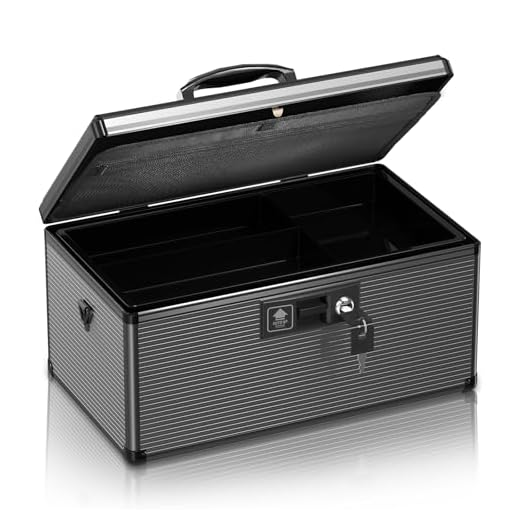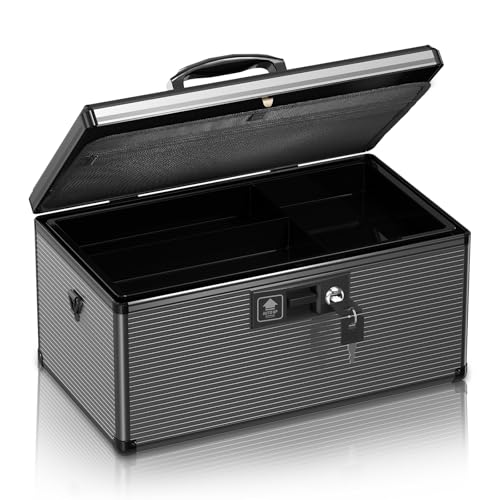

Famotidine is a medication commonly used to treat conditions such as stomach ulcers and gastroesophageal reflux disease (GERD). It works by reducing the amount of acid produced in the stomach. Many people wonder if this medication needs to be refrigerated or if it can be stored at room temperature.
The answer to this question depends on the form of famotidine you have. Generally, famotidine tablets and capsules do not need to be refrigerated and can be stored at room temperature. However, it is always a good idea to check the packaging or consult your pharmacist to confirm the storage instructions for your specific medication.
On the other hand, if you have a liquid form of famotidine, such as a suspension or oral solution, it may require refrigeration. These liquid forms often come with specific storage instructions that recommend refrigeration to maintain their potency and stability. Again, it is important to read the packaging or consult your pharmacist for accurate storage guidelines.
Proper storage of medication is essential to maintain its effectiveness and safety. Regardless of whether famotidine needs to be refrigerated or not, it is important to store all medications in a cool, dry place, away from direct sunlight and heat sources. Additionally, it is crucial to keep medications out of reach of children and pets.
In conclusion, while famotidine tablets and capsules generally do not require refrigeration, liquid forms of the medication may need to be stored in the refrigerator. Always follow the storage instructions provided by the manufacturer or your pharmacist to ensure the medication remains safe and effective.
Storage And Shelf Life
Famotidine should be stored at room temperature, away from moisture and heat. It should be kept in its original packaging and out of reach of children and pets.
The shelf life of Famotidine tablets is typically around two to three years from the date of manufacture. It is important to check the expiration date before using any medication. If the medication has expired, it should be properly disposed of and not used.
It is not necessary to refrigerate Famotidine unless otherwise directed by a healthcare professional. Keeping it in a cool, dry place will help ensure its effectiveness and prolong its shelf life.
Always consult with a healthcare professional or pharmacist for specific storage instructions and guidelines for Famotidine or any other medication.
Importance Of Temperature Control
Temperature control is crucial for preserving the effectiveness and safety of medications, including Famotidine. By maintaining the appropriate temperature, the medication can retain its stability and potency over extended periods.
Medications are sensitive to extreme temperatures, both high and low. Exposing Famotidine to excessive heat or cold can lead to degradation of the active ingredient, rendering it less effective or potentially harmful. Temperature extremes can also affect the consistency and texture of the medication, impacting its absorption and overall performance.
It is essential to store Famotidine in a cool, dry place, away from direct sunlight and moisture. The temperature range for storing Famotidine typically falls between 68°F (20°C) and 77°F (25°C). Refrigeration may not be necessary unless specifically instructed by the manufacturer or pharmacist.
These are a few reasons why temperature control is important:
- Preserves efficacy: Maintaining the recommended temperature range ensures that Famotidine retains its therapeutic properties and effectiveness, allowing the medication to work as intended.
- Prevents degradation: Exposure to extreme temperatures can lead to chemical breakdown, reducing the potency of the medication. Proper temperature control helps prevent degradation and extends the shelf life of Famotidine.
- Ensures patient safety: Incorrect storage conditions can compromise the safety of medications. By storing Famotidine at the appropriate temperature, the risk of consuming a potentially harmful or ineffective product is minimized.
- Promotes consistency: Fluctuating temperatures can cause alterations in the composition and structure of medications. Consistent temperature control helps maintain the desired formulation of Famotidine, ensuring uniformity in its effects.
By following the recommended temperature guidelines and ensuring proper storage, you can maximize the effectiveness and safety of Famotidine for your healthcare needs.
Tips For Proper Storage
Proper storage of famotidine is essential to maintain its effectiveness and prevent any potential harm. Here are some tips to ensure proper storage:
1. Store in a Cool, Dry Place:
Keep famotidine tablets or liquid in a cool and dry place, away from direct sunlight, heat, and humidity. Exposure to high temperatures and moisture can degrade the medication and reduce its potency.
2. Avoid Refrigeration:
Unlike some other medications, famotidine does not typically need to be refrigerated. Follow the storage instructions provided by the manufacturer or your healthcare provider. Storing famotidine in the refrigerator may not provide any additional benefit and could lead to unnecessary exposure to moisture.
3. Keep Away from Children and Pets:
Ensure that famotidine is stored out of reach of children and pets. Consider using child-proof containers or storing the medication in a locked cabinet to prevent accidental ingestion.
4. Check Expiration Date:
Always check the expiration date on the packaging before using famotidine. Expired medication may not be as effective and could potentially be harmful.
5. Do Not Transfer to Different Containers:
Avoid transferring famotidine to different containers, especially those not specifically designed for medication storage. The original packaging is designed to provide the necessary protection for the medication.
By following these storage tips, you can ensure that famotidine remains effective and safe for use when needed.
FAQ
Does famotidine need to be refrigerated?
Famotidine does not need to be refrigerated. It should be stored in a cool, dry place away from moisture and heat.
Can I store famotidine in the refrigerator?
While it is not necessary to refrigerate famotidine, you can store it in the refrigerator if you prefer. Just make sure it is kept in a tightly closed container to prevent any moisture from getting in.
What is the best way to store famotidine?
The best way to store famotidine is in a cool, dry place at room temperature. Avoid exposing it to excessive heat or moisture. It is important to keep it in its original packaging or a tightly closed container to protect it from air and light.







